Power Up Your EV at Home with
one-day EV Charger Installation!
Why Do You Need a Home EV Charging System?

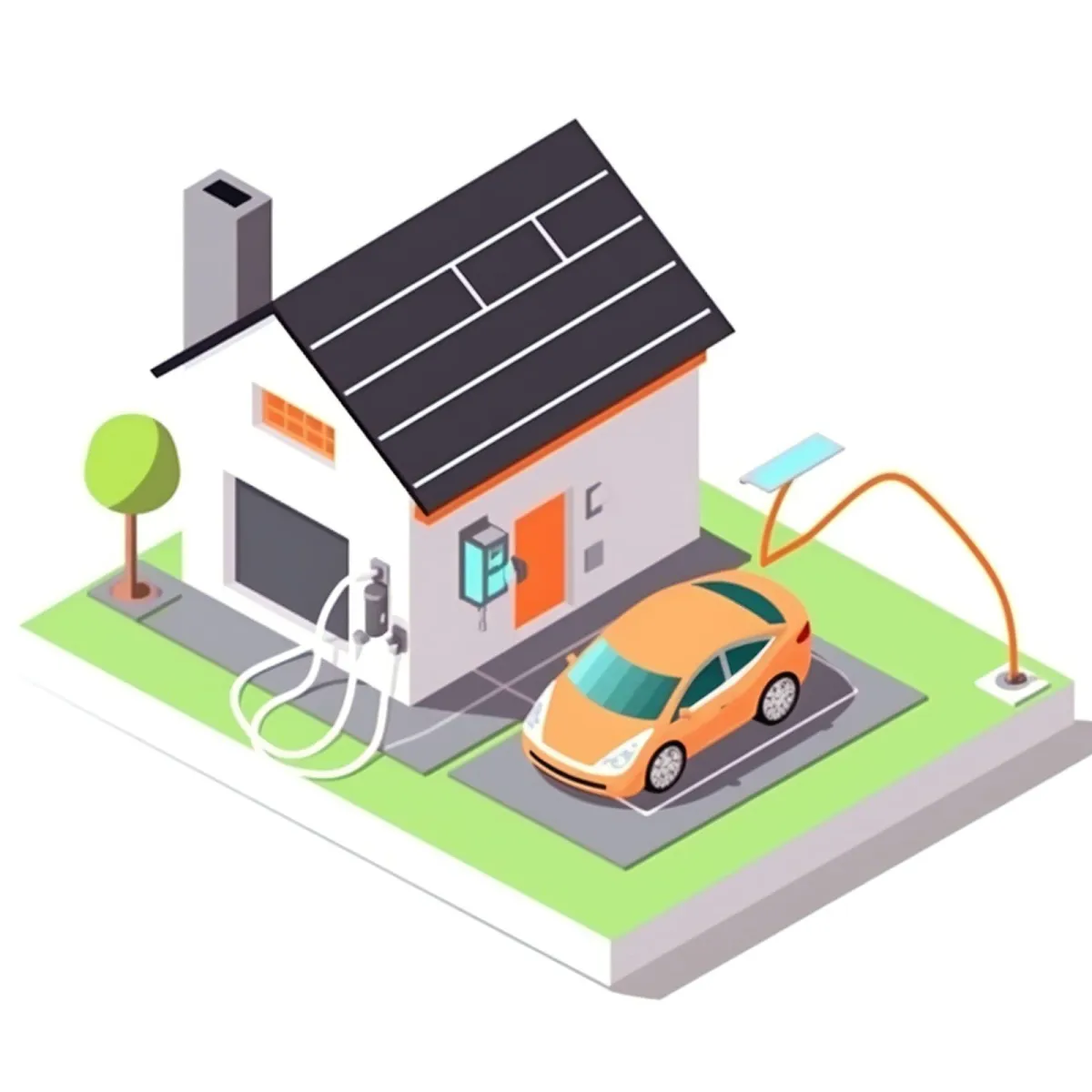


Convenience
Charge your electric vehicle overnight from the comfort of your home, ensuring it's always ready when you need it.

Cost-Efficient
Benefit from lower electricity rates at home compared to public charging stations, reducing your overall charging costs.

Time-Saving
Eliminate the need for frequent trips to public charging stations, saving you valuable time and effort.

Reliability
Enjoy the peace of mind that comes with a dedicated home charging solution, offering consistent and dependable power for your EV.
HOME ev charging system options
WELCOME TO Spark Smith Electric, Inc.
We are excited to announce our newest service for installing EV chargers in your home.
As electric vehicles become more popular, having a reliable charging solution at home is essential.
Three Options for your new system
We offer three main options to ensure your home is ready to power your EV efficiently.
EV Charger Installation - No Upgraded Electrical Systems:
Install an EV charger directly into your existing electrical system for a straightforward and budget-friendly solution. Choose between Level 1 and Level 2 chargers to match your needs, and enjoy the convenience of home charging without the need for major electrical work.
Addition of a Load Management System:
Optimize your existing 100 amp panel with a load management system, dynamically managing power distribution to prevent overloads. This cost-effective and efficient solution allows you to integrate an EV charger without the need for extensive upgrades, ensuring a quick and hassle-free installation.
Upgrading to a Higher Amperage Main Panel:
Upgrade your home's electrical capacity to support your EV charger and future-proof your home for additional high-power appliances. This comprehensive solution ensures your home can handle the increased electrical load, providing flexibility and long-term reliability.
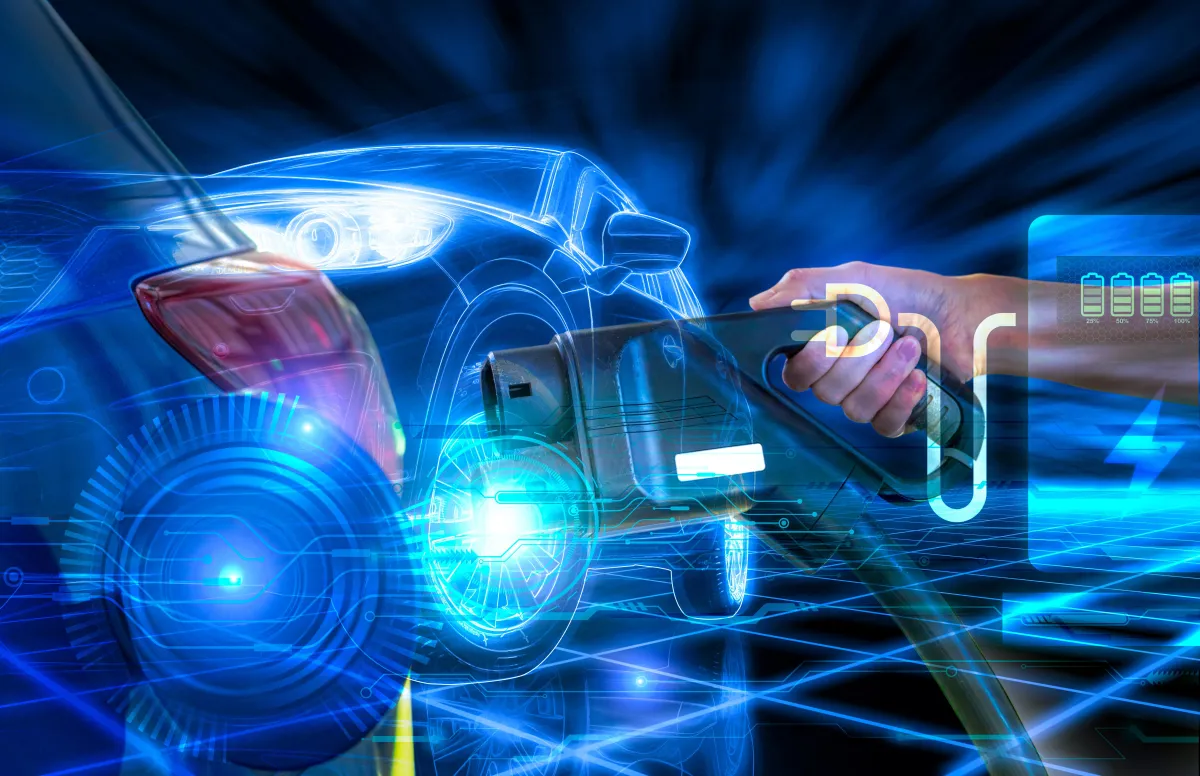
Not sure what system is best for you? Have a qualified electrician help you.
Details
Here are details of the One-Day EV Charger Installation
Skip by this and just have a technician talk with you, unless you really like details :-)
This service is typically available for
EV Charger Installation - No Upgraded Electrical Systems and the Addition of a Load Management System.
We have no control over PG&E, so we are not normally able to complete an installation that requires a panel upgrade in one day.

EV Charger Installation - No Panel Upgrades:
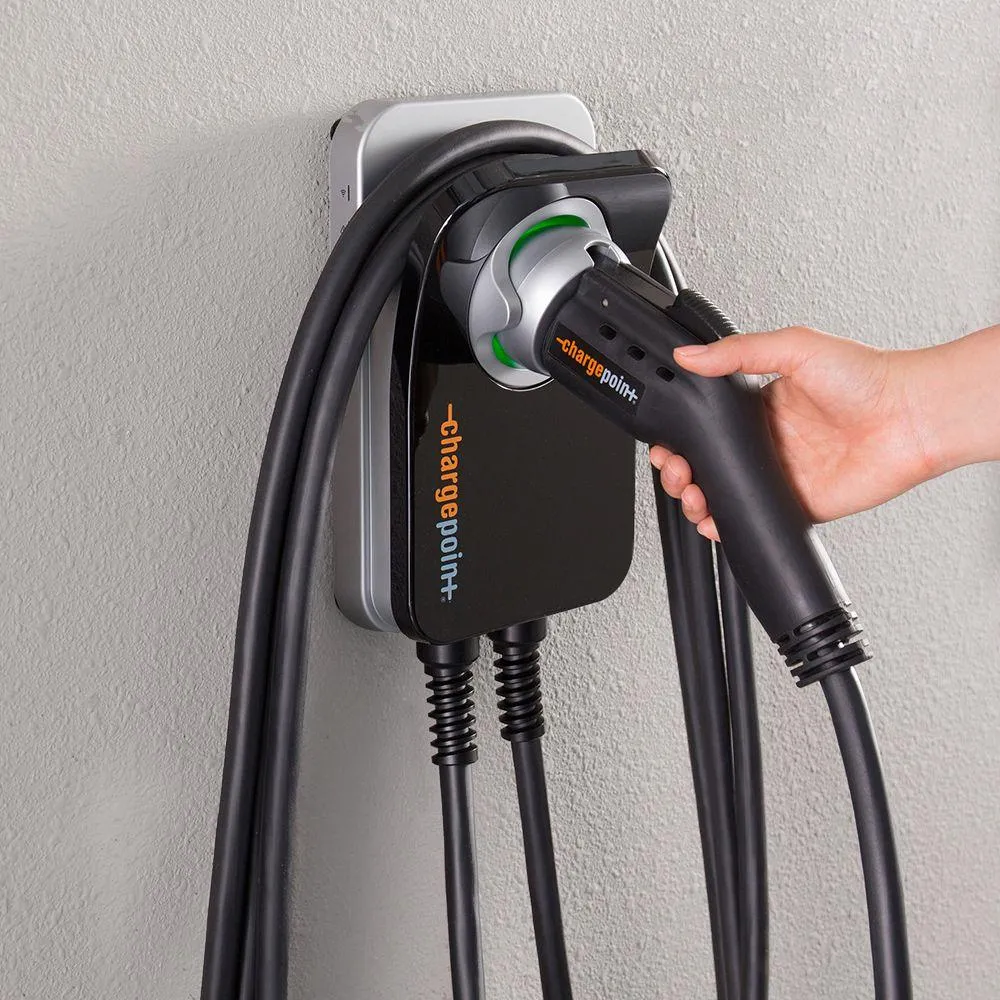
This option involves installing an EV charger directly into your existing residential electrical system without any panel upgrades or additional load management systems.
This solution is ideal for homes that already have sufficient electrical capacity or for customers who need a straightforward installation.
Service Overview:
Initial Assessment: Our team will assess your current electrical system to ensure it can support an EV charger without any upgrades. We check the panel's capacity, wiring, and overall electrical load.
EV Charger Selection: Based on your vehicle and charging needs, we'll help you choose the right EV charger (Level 1 or Level 2). Note: The cost of the EV charger is not included in the installation fee.
Permit Acquisition: We'll handle any necessary permits required for the installation, ensuring all work complies with local building codes and regulations.
Installation of EV Charger: We will install the EV charger in a convenient location. This includes running the necessary wiring from the panel to the charging spot, securely mounting the charger, and connecting it to your electrical system.
Safety Inspection and Testing: After installation, we perform a thorough safety inspection and testing to ensure everything operates correctly and safely.
Final Walkthrough: We provide a final walkthrough to demonstrate how to use your new EV charger and answer any questions you may have.
Pros and Cons:
Pros:
Cost-effective: Lower installation cost as it uses the existing electrical system.
Quick Installation: Typically faster to install compared to upgrading the panel or adding a load management system.
Simplicity: Straightforward process without the need for major electrical work.
Cons:
Limited Charging Speed (Level 1): Slower charging rates, which might not be suitable for all users.
Dependent on Existing Capacity: Effectiveness depends on the current capacity of your electrical system.
Cost:
Average Installation Cost: $500 - $2,000 (varies based on home specifics, permits and charger level)
Note: The installation fee does not include the cost of the EV charger itself.
Installing an EV charger without upgrades is a practical option for many homeowners. Whether you choose a Level 1 or Level 2 charger, our experienced team at Spark Smith Electric, Inc. will ensure a safe and efficient installation, helping you get the most out of your electric vehicle.
Different Levels of EV Chargers
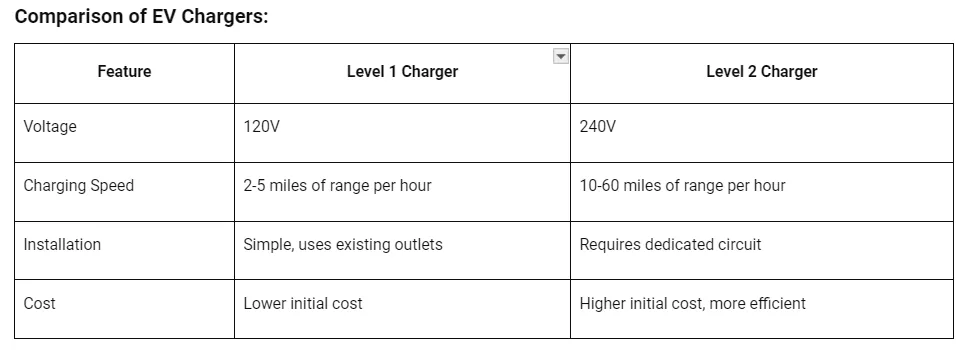
Level 1 Charger:
Description: Uses a standard 120-volt outlet, typically the same type of outlet you use for household appliances.
Charging Speed: Adds about 2-5 miles of range per hour of charging.
Installation: Simple and straightforward, often just a matter of plugging into an existing outlet.
Level 2 Charger:
Description: Requires a 240-volt outlet, similar to what is used for large appliances like dryers or ovens.
Charging Speed: Adds about 10-60 miles of range per hour of charging, significantly faster than Level 1.
Installation: Requires a dedicated circuit and proper wiring, which we handle as part of our service.
Add a Load Management System:
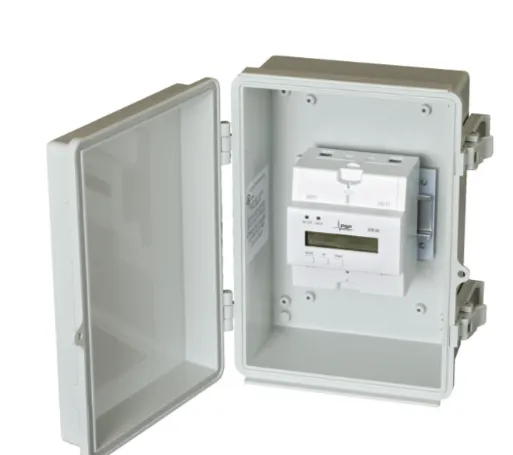
Adding a load management system is a smart, cost-effective solution to integrate an EV charger into your home without the need for a full panel upgrade.
This system dynamically allocates power to ensure your EV charger receives sufficient power without overloading your existing 100 amp panel.
Service Overview:
Initial Assessment: Our team will evaluate your current electrical setup, including the existing 100 amp panel, wiring, and overall electrical load. This helps us understand your home's electrical demands and how best to integrate the load management system.
Load Management System Selection: Based on the assessment, we will recommend a suitable load management system tailored to your home’s specific needs and your EV charging requirements.
Permit Acquisition: We'll handle the necessary permits required for installing the load management system, ensuring all work complies with local building codes and regulations.
Installation of Load Management System: The load management system will be installed before your existing 100 amp panel. This involves connecting the system to monitor and manage the electrical load dynamically.
EV Charger Installation: Once the load management system is in place, we'll proceed with the installation of the EV charger. This includes running the necessary wiring from the panel to the charging location, installing the charger, and ensuring it operates correctly.
System Integration and Testing: We integrate the load management system with your home's electrical system and the EV charger. Comprehensive testing ensures that the system effectively manages the electrical load and prevents overloading.
Safety Inspection and Final Walkthrough: After installation, we conduct a thorough safety inspection. We then provide a final walkthrough to demonstrate how the load management system and EV charger work, and answer any questions you may have.
Benefits of Adding a Load Management System for EV Charging:
Cost-effective Solution: Significantly lower cost compared to upgrading to a 200 amp panel, making it a budget-friendly option for integrating an EV charger.
Quick Installation: The process is typically quicker than a full panel upgrade, minimizing disruption to your daily routine.
Efficient Power Management: Dynamically allocates power to your EV charger and other appliances, ensuring optimal use of available electrical capacity without overloading the system.
Maintains Current Panel: Allows you to retain your existing 100 amp panel, avoiding the need for a complete electrical system overhaul.
Pros and Cons:
Pros:
Cost-effective: Lower initial cost compared to a full panel upgrade.
Quick Installation: Typically quicker to install than a full panel upgrade.
Efficient: Manages power distribution to prevent overloads without needing a larger panel.
Less Intrusive: Minimal disruption to your existing electrical system.
Cons:
Limited Capacity: Does not increase overall power capacity, which may be limiting for future high-power appliances.
Dependent on Load: Effectiveness depends on current electrical load and usage patterns.
Potential Limitations: May not be suitable for homes with very high existing electrical demands.
Cost:
Average Installation Cost: $3,500 - $5,500 (varies based on EV Charger type, permits, local regulations, PG&E requirements, and additional requests.)
Adding a load management system is an efficient and economical way to ensure your home is ready for an EV charger without the need for extensive electrical upgrades.
It offers a practical solution to manage your electricaDividerl load effectively, ensuring reliable and safe EV charging.
Upgrade to a 200 Amp Main Electrical Panel
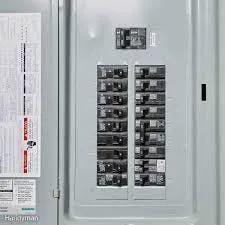
Upgrading your main electrical panel from 100 amps to 200 amps is a comprehensive solution that ensures your home can handle the increased electrical load required for an EV charger.
This upgrade involves replacing your existing panel with a new one that has a higher capacity.
This is particularly beneficial for older homes or homes with limited electrical capacity.
Service Overview:
Initial Assessment: Our team will conduct an initial assessment of your current electrical system. This includes evaluating the existing panel, wiring, and overall electrical load to ensure compatibility with the upgrade.
Permit Acquisition: We'll handle the necessary permits required for the upgrade, ensuring all work complies with local building codes and regulations.
Panel Upgrade Installation: The existing 100 amp panel will be replaced with a new 200 amp panel. This involves careful disconnection and removal of the old panel, followed by the installation and wiring of the new panel.
Service Upgrade Coordination: We'll coordinate with your utility company to upgrade the service line to your home if necessary. This step ensures that your home receives sufficient power supply to support the new 200 amp panel.
EV Charger Installation: Once the new panel is in place, we'll install the EV charger. This includes running the necessary wiring from the panel to the charging location, installing the charger, and ensuring it operates correctly.
Safety Inspection and Testing: After installation, we conduct a thorough safety inspection and testing of the new panel and EV charger to ensure everything is functioning correctly and safely.
Final Walkthrough: We provide a final walkthrough to explain the new system, demonstrate how to use the EV charger, and answer any questions you may have.
Benefits of Upgrading to a 200 Amp Panel for EV Charging:
Increased Capacity: A 200 amp panel provides ample capacity for your EV charger and other high-power appliances, ensuring your home can handle the increased electrical load without issues.
Future-Proofing: This upgrade not only supports your current EV charging needs but also prepares your home for future electrical demands, such as additional EVs, home additions, or other high-power devices.
Safety and Reliability: Upgrading to a new panel enhances the overall safety and reliability of your home's electrical system. Modern panels come with advanced safety features and are less prone to issues compared to older panels.
Seamless Integration: The new panel allows for seamless integration of the EV charger, ensuring optimal performance and efficiency.
Pros and Cons:
Pros:
Increased Capacity: Supports more electrical devices and future-proofs your home.
Flexibility: Can handle multiple high-power devices simultaneously.
Long-term Solution: Ideal for larger homes or those planning additional electrical upgrades.
Safety: Modern panels come with enhanced safety features.
Cons:
Cost: Higher upfront cost due to equipment and labor.
Time: Installation may take longer and require coordination with your utility company.
Cost:
Average Installation Cost: $11,000 - $15,000 (varies based on EV Charger type, permits, local regulations, PG&E requirements, and additional requests.)
Upgrading to a 200 amp main electrical panel is a solid investment in your home’s electrical infrastructure.
It ensures you have the capacity and flexibility to meet your current and future power needs, especially as you incorporate EV charging into your daily routine.
Have Questions?
Testimonials
Office:
15501 San Pablo Ave.
Unit G Box 223
Richmond CA 94806
Call
(510) 257-9073
Email:
[email protected]

